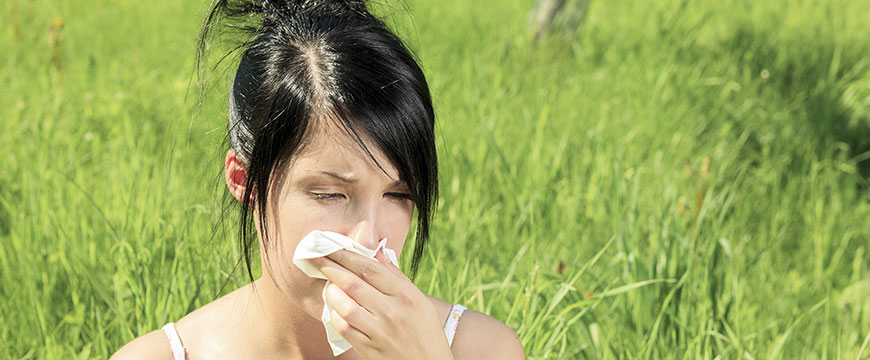
In case you have seasonal allergies, and have been living with them for many years, you most likely experienced sneezing through the season. It is important for you to call an allergy doctor and have them prescribe you medicine regularly. Your activity should be monitored so that your allergen exposure is limited. However, are you aware that thunderstorms can cause allergy symptoms to appear?
If you are unaware of the other surprising facts about seasonal allergies, you need to read this article to know more about them. You might even be surprised what some of them are.
Read on.
Seasonal Allergies Do Not Normally Last the Whole Year
Seasonal allergies arise when they emerge from plants that produce pollen, like in springtime and they wane during the time when those plants die off during the growing season. However, is not just the time when those that produce pollens emerge. There are trees that do not produce pollen until it is summer, and some weeds might not have flowers until fall. In some states with temperate climates, like southern California, some plants might produce pollen all year.
Moving Will Not Really Cure Allergies
A lot of people think that they can rid of allergies when they move to another location. The unfortunate thing is that once you develop allergies, they will most likely return over time wherever you go. You might think that the first 1 to 2 years will be allergy-free, but you are still not clear. You can eat farmer’s honey because it can decrease allergies that are environmentally free in some situations.
There is No Such Thing as “Hay” or “Fever”
For many decades, people have called allergies “hay fever”, but pollen is not produced by “hay”, and fever does not come from seasonal allergies. The truth is that seasonal allergies are because of the body’s overreaction to common pollens lingering in the air. When these pollens are inhaled, the immune system sees them as a danger and it attacks them aggressively, which causes a runny nose or itchy eyes. With the “hay fever”, the term arose during the early 1800s and it might have referred to a lung infection because of inhaling dust while they stack hay.
Allergy Changes While We Age
New allergies can develop at any point in your life. If you already have an allergic reaction to a certain plant or other allergens, there is a tendency that it will happen again and again even after you received shots.
Despite suffering from allergies in the past, there is a chance that you will be allergic to another one.
Controlling Your Environment May Control Your Allergy Symptoms
A lot of people think of allergy treatments are given in pills, shots, or nasal irrigation. You should not overlook how valuable it is to keep your living environment pollen-free. In order to do this, some allergy doctors talk about taking steps in the allergy season, like removing shoes and outwear before they enter houses. When you wash and shower once you are home, it can rinse off pollen from your body. Outdoor pets attract pollen, and around the house, you should use blinds or shades instead of drapery or fabric. Your doors must be kept shut during the allergy season.
If you are suffering from seasonal allergies, you should consult with an allergist Manassas VA to help you manage the symptoms.